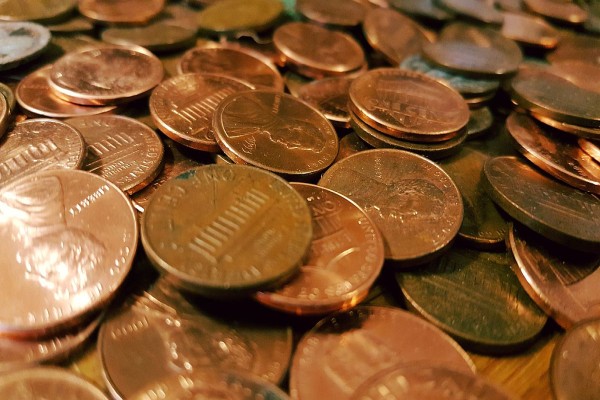The United States has finally pulled the plug on its one-cent coin.
After 232 years, the U.S. Mint has struck its last penny, bringing an end to a denomination that has long cost far more to produce than it was worth.
According to Time Magazine, the decision stems from a directive issued under President Donald Trump after production costs spiralled to nearly four times the coin’s face value. With the Mint set to exhaust its remaining blanks, new pennies will no longer be made—though the billions already in circulation remain legal tender.
That means the familiar copper-coloured coin isn’t disappearing overnight. Time reports that an estimated 250 billion pennies are still in circulation, enough to keep them appearing in wallets and cash drawers for years. Yet businesses across the U.S. are already feeling the strain, with many operating without pennies due to ongoing shortages. A retailer survey cited by Time Magazine found that nearly two-thirds have taken to rounding down cash totals, a practice that collectively costs companies millions.
The absence of a national rounding policy has only magnified the confusion. When Canada retired its penny in 2012, the government mandated cash totals be rounded to the nearest five cents. The U.S. has offered no such guidance, leaving retailers to improvise: some round down, others round to the nearest nickel, and many simply try to avoid cash transactions altogether.
For consumers, Time notes that the financial impact is minimal. The rounding differences are tiny, and the average shopper may barely notice the change. For the U.S. government, however, the savings are substantial—roughly US $56 million a year once penny manufacturing fully ceases.
Sectors that depend heavily on cash, from convenience stores to laundromats, face a more complicated transition. Some businesses have reportedly begun stockpiling pennies or instructing employees to withdraw rolls from local banks before supplies disappear, according to Time Magazine.
The U.S. is not the first country to drop small-value coins and likely won’t be the last.
The Government of India decided to call in from circulation coins of denomination of 25 paise and below with effect from end-June 2011, and these coins ceased to be legal tender for payment.
But the penny’s retirement marks the end of an era—and the start of a global habit of rounding up, rounding down, and rethinking the value of loose change.
In a career spanning three decades and counting, Ramananda (Ram to his friends) has been the foreign editor of The Telegraph, Outlook Magazine and the New Indian Express. He helped set up rediff.com’s editorial operations in San Jose and New York, helmed sify.com, and was the founder editor of India.com.
His work has featured in national and international publications like the Al Jazeera Centre for Studies, Global Times and Ashahi Shimbun. But his one constant over all these years, he says, has been the attempt to understand rising India’s place in the world.
He can rustle up a mean salad, his oil-less pepper chicken is to die for, and all it takes is some beer and rhythm and blues to rock his soul.
Talk to him about foreign and strategic affairs, media, South Asia, China, and of course India.





